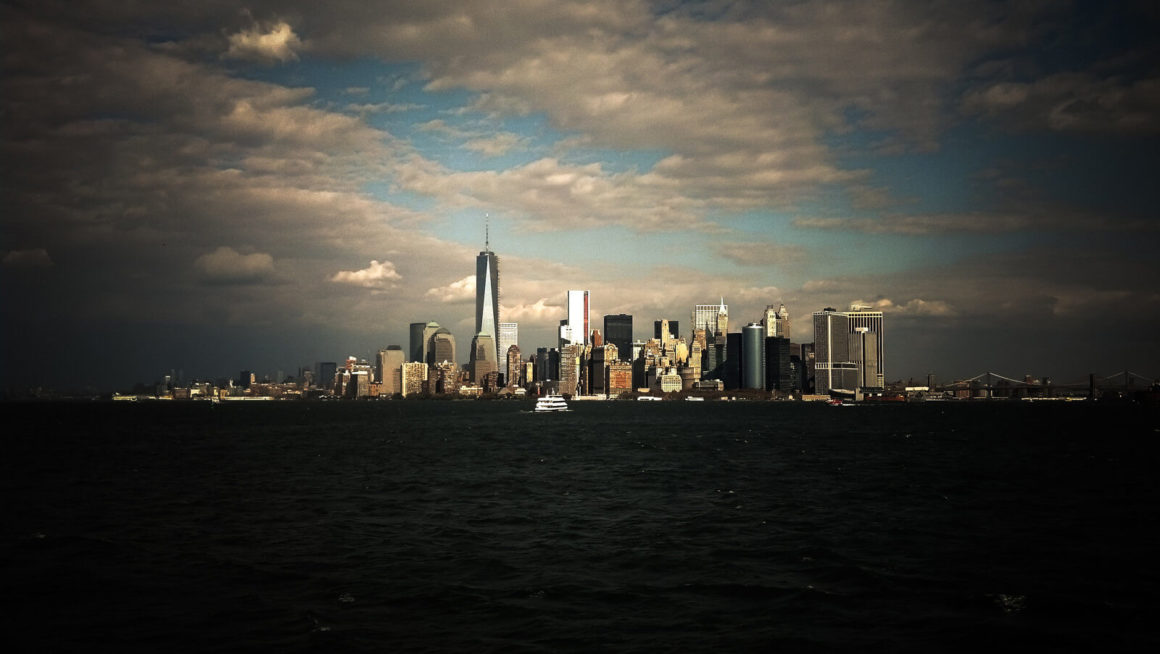Foreign investors have flooded the American real estate market, and New York is one of their favorite targets. International purchases of American properties rose from $68.2 billion in 2012 to $92.2 billion last year, and most transactions involved NYC homes.
Perhaps the U.S. government will follow in the footsteps of Australian and the United Kingdom authorities. Concerned about property bubbles making local homes unaffordable for residents, these governments introduced legislation to combat it. Mortgage caps, taxes on property flippers, and hefty taxes of up to 15 percent on foreign buyers make Australian and UK buildings less attractive to investors.
The United States can already collect additional tax from foreign investors, but most are exploiting a massive loophole. Offshore investors entering into a total return swap tied to a broadly based U.S. real estate index are exempt from this tax. So the investors are buying in the name of shell corporations rather than their monikers to dodge the levy. There are already whispers this loophole will close, and when it does, perhaps that bubble will burst.
People Decide It’s Better to Rent than BuyPeople Decide It’s Better to Rent than Buy
The property bubble will also burst if people decide it’s smarter to rent than to buy. This will drive down demand for purchase properties and prices with it. It’s conventional wisdom that buying is always the smartest option, but this is being challenged in some New York areas like Manhattan. In 2013, it was six percent cheaper to buy in the prestigious borough, but it’s 17 percent more expensive to buy than rent this year. Buyers face high housing prices and interest rates, while renters enjoy relatively affordable leases.
Interest Rates RiseInterest Rates Rise
High-interest rates can pop the real estate bubble in two ways. First, high-interest rates can price potential buyers out of the market by making mortgage repayments unmanageable. Also, an existing property owner unprepared for the shift may default on their repayments, which will increase the housing supply.
The Federal Reserve has kept interest rates on hold for some time, but increases are expected in 2015 and 2016. As these prices rise, the bubble may be put under pressure.
It Becomes Harder to Get a MortgageIt Becomes Harder to Get a Mortgage
The bubble may also burst if it becomes harder to get a mortgage, which seems likely now that lenders are required to enact provisions from the Dodd-Frank Wall Street Reform and Consumer Protection Act. Self-employed people can no longer get reduced-documentation loans. The interest-only loans favored by employees working for commissions are also a thing of the past. And there are many more hoops that could squeeze people out of the NYC real estate market altogether.
It can seem difficult to break into the current NYC housing market, but it’s reassuring that these factors could cause the bubble’s inevitable burst.

